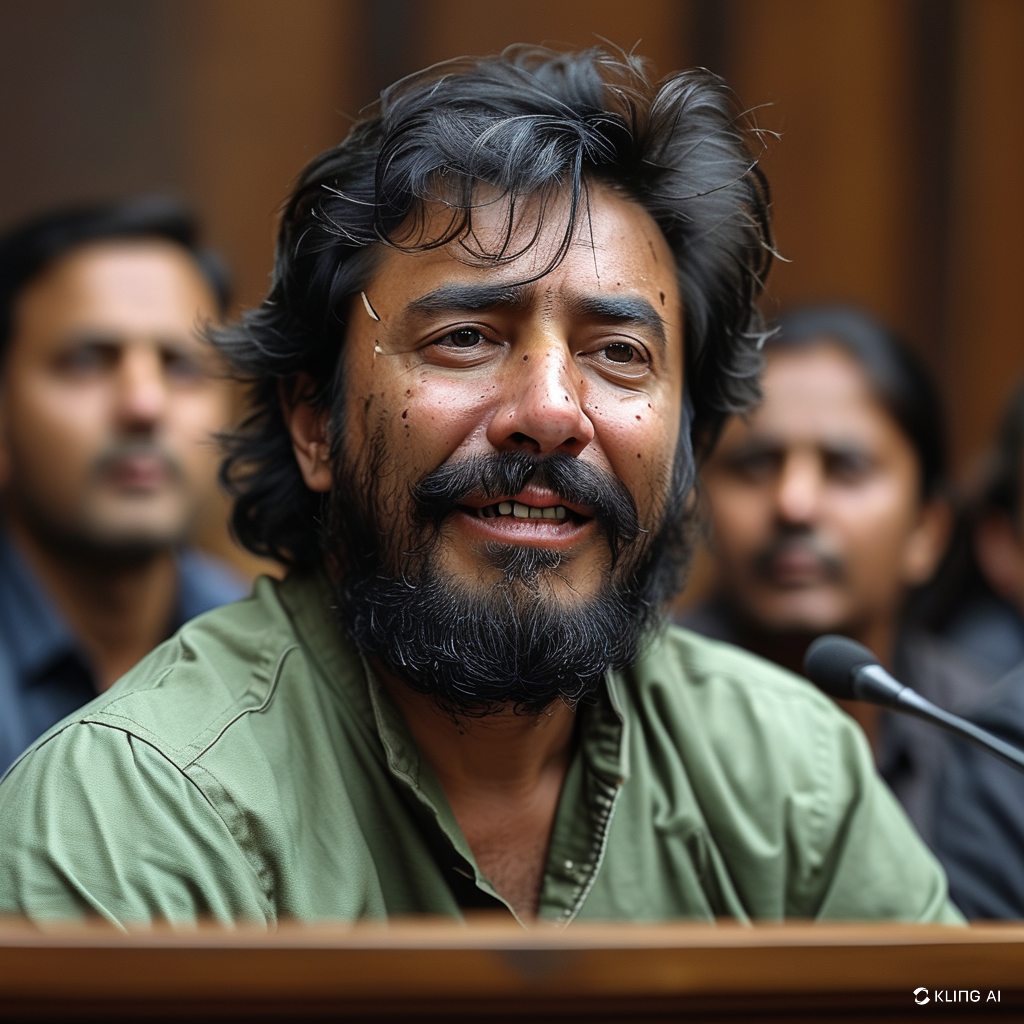
Introduction
The right to a fair trial is the fundamental pillar of justice. It stands as a cornerstone of democratic societies and is considered a safeguard for abuse of power. Any person charged with any offense in a legal conflict has the right to have a transparent and impartial trial process regardless of their circumstances and status. The right to a fair trial is not a legal formality but a crucial element that ensures the protection of liberty and integrity of a legal system. The right to a fair trial is based on fairness, equality, and natural justice. During hearings, both parties should have equal standing and have an equal chance of stating their arguments before the court. The authentic definition of the right of a fair trial is defined by Sir Oliver Stone as “A fair trial means you have the right to a hearing which is fair, public, head by an independent and impartial court, heard within a reasonable time and you also have the right to present your case before the decision is made, see your opponent’s documents and evidence, be given reason for the decision.“
Under the Constitution
The Constitution is not just a paper document, and a rambling document cannot be considered a constitutional promise. It does not enjoy an internationalization in the hearts and minds of people. This right was inserted by the 18th amendment in 2010 although, its concept is ancient, its actual body was established through the Declaration of Human Rights UDHR in 1948. After Article 10A became part of the Constitution it has been cited in multiple judicial decisions. Article 10A protects the basic entitlement to a fair trial and a proper process. There is no judgment discussing the scope and ambit of this fundamental right. The judiciary seems to understand that fair trial is a norm although it is not legally obligatory, nations are obliged to protect the right to a fair trial that is acknowledged globally as a human right. There are questions of legitimacy and normativity. The judiciary fails to define the content of this norm. Although the judiciary is insufficient to truly make the people of Pakistan understand the legitimacy of a right it is a fact fair trial issue is always lurking as many issues as possible in Pakistan. The fair trial has been clarified in a number of cases after it was incorporated into the Constitution of Pakistan. One such instance is the case of former PM Yousaf Raza Gillani through an interpretation given by the Supreme Court of Pakistan.

Case studies highlighting fair trial
The target killing of Malik Ishaq, the media presumption of guilt in the case of Shahrukh Jatoi, and secret military trials all are subject to Article 10A. We have seen globally that the most important question regarding fair trial is concerned with criminal law.
International Obligation under ICCPR
In Pakistan, right to fair trial cases concerned with criminal law are not bothered to clearly define and elaborate the term fair trial. Pakistan is a nation that has ratified ICCPR which contains the right to fair trial as obligatory under Art 14 of ICCPR. The inclusion of Article 10A has signified the adherence to due process of law as mentioned in global and domestic legislation. Pakistan implemented the inquiry of the Fair Trial Act 2013 as this legislation applies to all citizens.
The objective was to safeguard the rights and freedoms of people. The case of Junaid Hafeez is the best example of a violation of fundamental rights. He was sentenced to death by the District and Session Court his trial was delayed for many reasons unreasonably. It is the basic rule of law that no person should be punished without being heard. The right to fair trial is also linked with other fundamental rights including the right to safeguard against detention and arrest.
Supreme Court Verdict in Zulfiqar Bhutto case
Recently, the Zulfiqar Ali Bhutto case by the Supreme Court declared that the former PM was not given the right to a fair trial in a verdict coming after half a century although it is great news for our legal system there is the concept of justice delayed is justice denied. If we review the legal proceedings of Imran Khan and his party members, we find a flagrant disregard for the principles of justice, due process, and the right to fair trial in legal proceedings. The denial of access to their trials to the public or media and the prohibition of cross-examination of prosecution witnesses are flagrant violations of rights, including the right to a fair trial.
Lack of Transparency in Imran Khan’s Trials
Looking forward to Imran Khan’s trials lack of transparency and impartiality resulted in a dark shadow overrule of law and dispensation of justice in Pakistan. Pakistan needs to understand justice must not only be done but it must also be seen to be done. Such cases are not undermining the justice system of Pakistan leading to violation of principles of fairness and justice as enshrined in Human rights law. In the Toshakhana case of former PM Imran Khan, the right to a fair trial was denied about his conviction in the Past in Toshakhana case. Fair treatment and legal protection are non-negotiable entitlements for every citizen of Pakistan.
Also read How amendments work in Pakistani Constitution?
Conclusion
It is a crucial concept that the norms of natural justice are upheld with fair trial. No one should have their fundamental rights denied and taken away through breaking all principles. The right to a fair trial is a practical step of various guidelines and guarantees for the legal system to operate openly, impartially, unbiased, and in conformity with the rule of law. Pakistan must pledge to respect norms and principles. Vigilance and reforms are still necessary in Pakistan to protect the right to fair trial.


Amazing thoughts